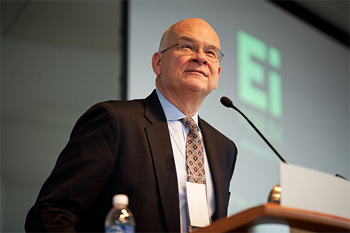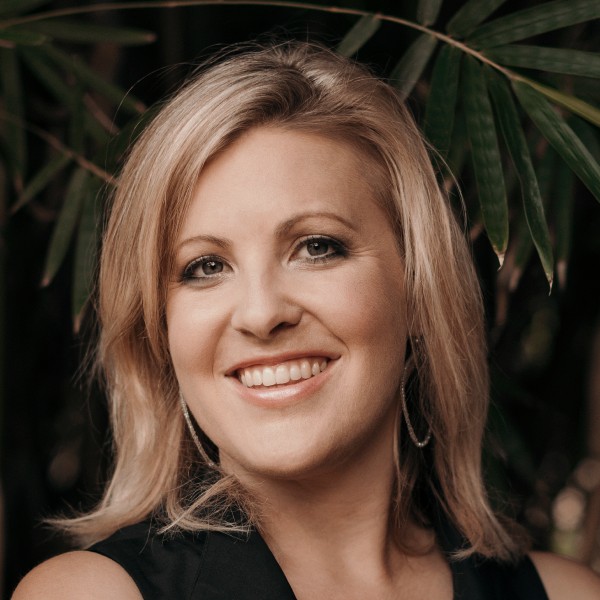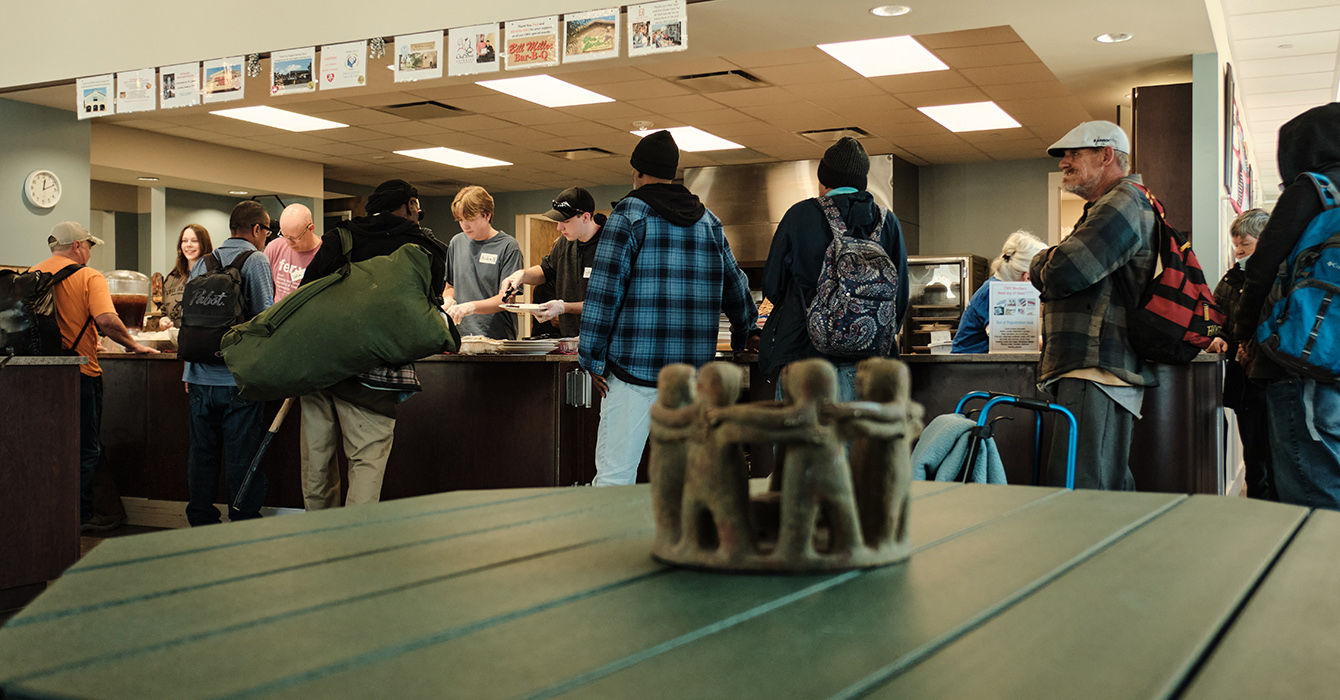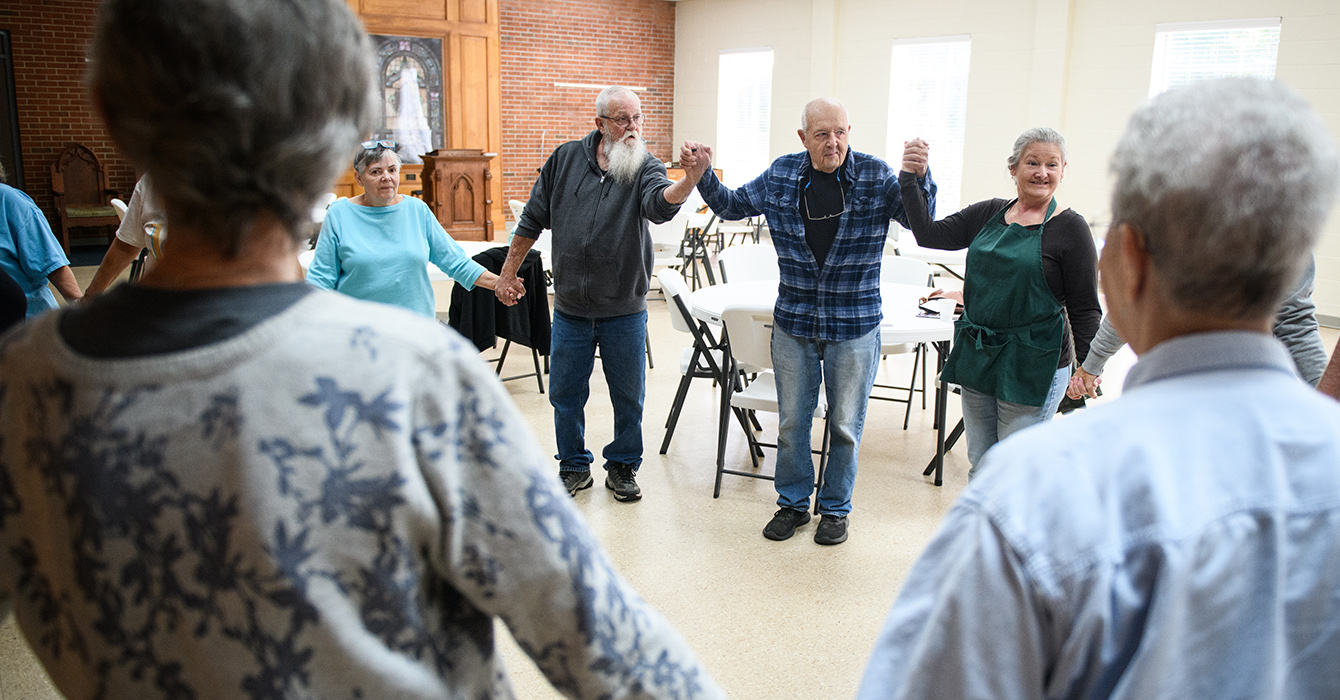When Will Haughey and his older brother, Chris, decided in 2008 to launch a toy company to produce a livelier version of wooden blocks, they weren’t hoping to change the world. Just part of it. Specifically, Honduras.
Today, their company, Tegu, is up and running, with a small plant in Tegucigalpa crafting elegant hardwood cubes with magnets hidden inside.
More importantly, the plant employs 20 people. It’s not a lot. But it’s a start, a small sign of hope in a country where 30 percent of people are unemployed and more than half live in poverty.
Among Tegu’s many investors, in for $20,000, is the Center for Faith & Work at Redeemer Presbyterian Church in New York. The company is one of several for-profit and non-profit ventures that the center has supported -- financially and otherwise -- through its Entrepreneurship Initiative. Tegu received the money last year when it won the initiative’s annual business plan competition.
So, why is a church supporting and even investing in entrepreneurial ventures?
Because that’s how the world is changed, says Katherine Leary, the center’s director. It’s not just clergy who are charged with bringing about gospel change. All are called to the task.
“We’re trying to broaden people’s understanding -- entrepreneurs and investors -- of what Christian is,” Leary said. “Making good products and services that serve the common good is Christian.”
Before coming to Redeemer in 2002 to start the center, Leary worked as a CEO in Silicon Valley. There, she saw people throughout the high-tech business excited to be part of an industry that was changing the world.
If a secular business can do that, why not the church?
“Why can’t the church get people excited about getting up and creating an institution that can change the world?” she said. “Especially since our power doesn’t come from technology, but the Holy Spirit. We have a whole lot more reason to have hope about the redemption of the world than anyone who doesn’t know God.”
Why not, indeed. That’s where the Entrepreneurship Initiative comes in. One of the four main programs at the Center for Faith & Work, the initiative was created to encourage and support entrepreneurs within the Redeemer congregation to start new ventures that foster shalom and bring about gospel-centered renewal.
The initiative has four main components:
• An annual forum that brings together investors, coaches, pastors, entrepreneurs and theologians to talk about “gospel entrepreneurship;”
• the EI Network, which links entrepreneurs, investors and others from Redeemer and other churches to provide counsel and advice for budding entrepreneurs;
• the Entrepreneurs Fellowship, one of several vocational fellowship groups established by the center to provide peer support and community; and
• an annual business plan competition that seeks to identify promising entrepreneurs with “bold plans for gospel-advancing ventures.”
Now in its fourth year, the business plan competition awards $5,000 to $25,000 to the winning plan in each of three categories: for-profit, not-for-profit and arts. In addition to Tegu, other winners have included Jaradoa Theater, a professional theater company that combines performance and community service; Blessed Nest, Inc., which makes eco-friendly products for mothers and children; and Alphabet Scoop, an ice cream store that employs and trains at-risk youth.
The winning plans all have a spirit of “gospel entrepreneurship,” Leary said. A takeoff on “social entrepreneurship,” the phrase is intended to convey that both nonprofit and for-profit ventures can change culture. Gospel entrepreneurship is not only about the product a company makes or how it serves its customers. It includes everything about the firm, the totality of how it operates, how it treats employees, develops new leaders and relates to the community.
“We really try to get people to look at every aspect of what they’re doing and study it as being gospel-driven and gospel-centered and having the potential for gospel transformation,” she said.
That doesn’t mean that the goal is to create a “Christian” company or non-profit with a “Jesus fish” emblem on in its Yellow Pages ad, or to evangelize and create new Christians. In many ways, the entrepreneurial initiative and the center are about rethinking how the church understands work and cultural change.
In launching Tegu, for example, the Haugheys weren’t intending only to produce an excellent, well-made toy. Their larger goal was to create economic opportunities for people in Honduras by using sustainable forestry and manufacturing practices, paying decent wages and generating funds for a school in Tegucigalpa.
“My brother and I are both Christians, but this isn’t a Christian business in the sense that were proselytizing the gospel through Tegu,” Will Haughey said. “We’re out to change people’s lives through jobs that are created by a socially responsible corporation.”
In making the $20,000 award to Tegu, the center took an ownership stake in the firm, the first time it has done that. Every other award has been either a grant or loan. The awards come from an investment fund that Leary created with gifts from donors. Any returns on their investment in Tegu will go back into the fund.
The investment in Tegu accounts for a small part of the $1.5 million the Haugheys raised to launch the firm. Perhaps more valuable than the money was the access the competition gave them to Redeemer’s network of experienced investors and entrepreneurs.
“To get that kind of validation was very encouraging,” Haughey said. “They endorsed our social mission.”
As strange as it might seem, Christianity and entrepreneurship have much in common, Leary said. Both are about taking risks.
“When we’re taking risks, spending our life more prodigally, more lavishly, throwing our life out there, investing in other people, the culture and the world, that is when we are most likely to be living the life God meant for us to live,” Leary said.






















